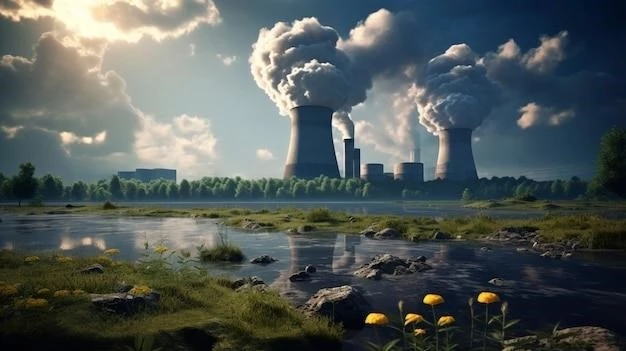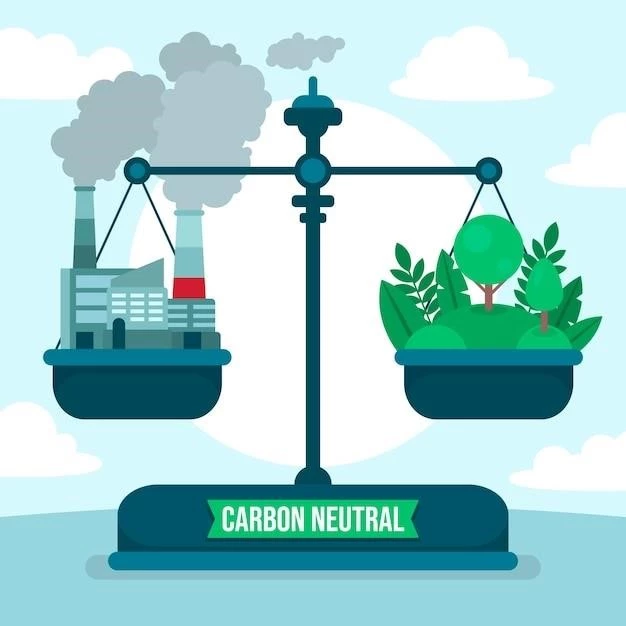Climate Change Denial vs. Climate Science
The scientific consensus on climate change is overwhelming, with over 97% of climate scientists agreeing that human activity is the primary cause of the current warming trend. However٫ despite the overwhelming evidence٫ a significant minority continues to deny the reality of climate change٫ often citing misinformation and conspiracy theories. This article will explore the stark contrast between climate change denial and climate science٫ examining the evidence٫ the arguments٫ and the potential consequences of inaction.
The Science of Climate Change
Climate science is a complex field that relies on rigorous data collection, analysis, and modeling. Scientists have meticulously tracked global temperature trends, atmospheric greenhouse gas concentrations, and other critical climate indicators over decades. The evidence overwhelmingly points to the following conclusions:
- Global warming is real: Earth’s average temperature has increased by about 1 degree Celsius since the late 19th century, with the majority of this warming occurring in the last few decades.
- Human activity is the primary cause: The increased concentration of greenhouse gases, primarily carbon dioxide from burning fossil fuels, is the dominant factor driving global warming.
- Climate change is already having significant impacts: Rising sea levels, more frequent and intense heat waves, droughts, and extreme weather events are already being observed around the world.
- The consequences of inaction will be severe: Failure to address climate change will lead to more widespread and devastating impacts, including mass displacement, food insecurity, and irreversible damage to ecosystems.

The Denial of Climate Change
Climate change denial, often fueled by political, economic, and ideological motivations, seeks to undermine the scientific consensus and downplay the seriousness of the issue. Common arguments used by climate change deniers include:
- Climate change is a natural cycle: Deniers often argue that the current warming trend is part of a natural cycle and not caused by human activity. However, scientific evidence shows that the current rate of warming is unprecedented in human history and cannot be explained by natural cycles alone.
- The science is uncertain: Deniers highlight uncertainties in climate models and scientific predictions to cast doubt on the overall consensus. However, scientific uncertainty is inherent in all scientific fields, and the core findings on climate change are well-established and supported by multiple lines of evidence.
- The economic costs of action are too high: Deniers argue that taking action on climate change will have severe economic consequences, such as job losses and increased energy prices. However, the economic costs of inaction are far greater, including increased disaster relief, infrastructure damage, and loss of productivity.
- Conspiracy theories: Some deniers promote conspiracy theories, alleging that the scientific community is engaged in a cover-up or that climate change is a hoax to control the population or the economy.
The Consequences of Denial
Climate change denial has significant consequences for society as a whole. By delaying action, we are allowing the problem to worsen, increasing the risk of catastrophic impacts and making it more difficult and expensive to address in the future. The consequences of denial include:
- Increased environmental damage: Denial leads to a lack of investment in clean energy and other climate solutions, allowing greenhouse gas emissions to continue unabated and exacerbating the problem.
- Growing social and economic inequality: The impacts of climate change disproportionately affect marginalized communities, exacerbating existing inequalities and creating new challenges for vulnerable populations.
- Increased geopolitical instability: Climate change is a major driver of conflict and displacement, contributing to instability and tension around the world.
- A loss of trust in science: Denial undermines the public’s trust in science and scientific institutions, making it more difficult to address other critical issues in the future.

Conclusion
The scientific consensus on climate change is clear and undeniable. Climate change is a real and pressing threat that requires immediate action. Ignoring the overwhelming evidence and denying the reality of climate change is not only irresponsible but also dangerous. It is crucial to engage in informed discussions, rely on credible scientific sources, and support policies that promote climate action. By working together, we can mitigate the impacts of climate change and build a more sustainable future for all.










